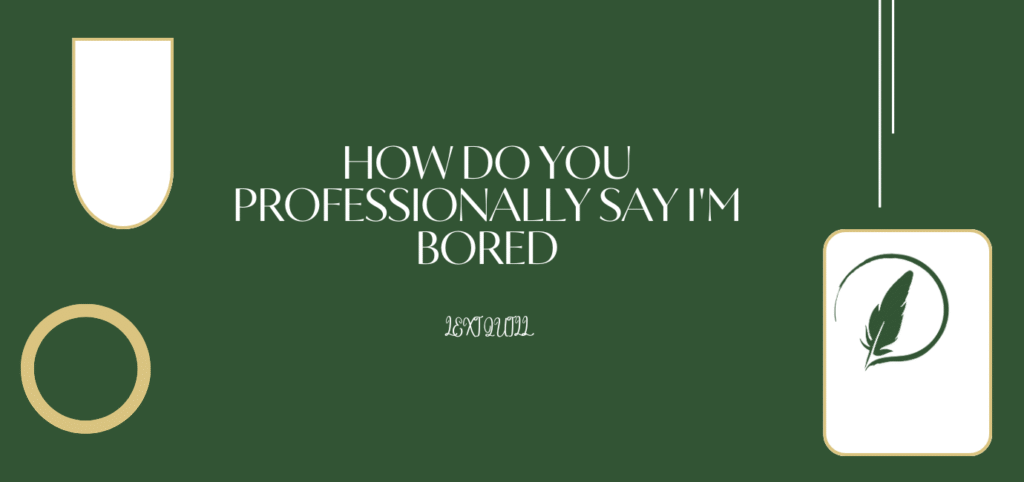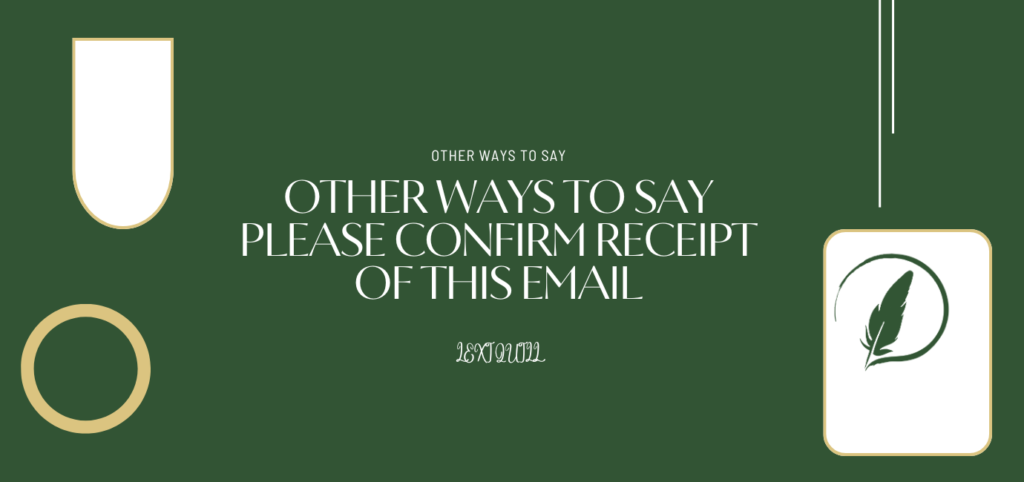In today’s fast-paced business world, effective communication is more than just getting your point across it’s about how you’re perceived. Whether you’re responding in meetings, writing emails, or managing client expectations, the language you use significantly impacts your credibility and professionalism. One common phrase that can appear too casual or vague in formal situations is “just a minute.”
While “just a minute” is perfectly acceptable in informal settings, it can come across as imprecise or even dismissive in professional environments. So, how do you professionally say “just a minute” without sounding curt or unrefined? This article explores well-crafted, workplace-appropriate alternatives that enhance clarity and demonstrate respect for others’ time.
1. “Could You Please Give Me a Moment?” – A Polite and Respectful Option
Nuance and Meaning:
This phrase maintains the casual spirit of “just a minute” while adding a level of politeness and formality. It’s ideal when addressing colleagues, clients, or superiors, as it shows consideration for their time without being abrupt.
Best Used In:
- Live customer interactions
- Client calls or meetings
- In-person workplace discussions
Example Sentence:
“Could you please give me a moment while I pull up those files?”
Related Terms:
Professional synonyms include “kindly hold on” and “if you could bear with me briefly.”
2. “Allow Me a Moment to Check On That” – Contextual and Task-Focused
Nuance and Meaning:
This version provides context and adds clarity about what you’re doing during that time. It sounds proactive and engaged rather than vague or passive.
Best Used In:
- During presentations or Q&A sessions
- Client service environments
- When asked for specific data or details on the spot
Example Sentence:
“Allow me a moment to check on that information for you.”
Related Terms:
“Let me verify that for you” and “I’ll confirm that shortly” serve similar functions in a business context.
3. “One Moment While I Review That” – A Precise and Professional Response
Nuance and Meaning:
Adding a reason for the brief pause adds a layer of professionalism and transparency. It shows you’re engaged and focused on accuracy.
Best Used In:
- Meetings or formal conversations
- During negotiations
- Interdepartmental collaboration
Example Sentence:
“One moment while I review that document to ensure everything aligns.”
Related Terms:
Consider “Please hold while I take a quick look” as a softer, more conversational variant.
4. “I’ll Be Right With You” – A Service-Oriented Phrase
Nuance and Meaning:
This alternative conveys attentiveness and a sense of immediacy. It’s especially useful in customer service, reception, or administrative roles.
Best Used In:
- Front desk or reception settings
- Phone conversations
- Service-oriented positions
Example Sentence:
“Thank you for waiting I’ll be right with you.”
Related Terms:
“I’ll attend to you shortly” is another professional synonym with a slightly more formal tone.
5. “I Appreciate Your Patience” – Empathetic and Courteous
Nuance and Meaning:
Rather than stating a time delay directly, this phrase acknowledges the wait and expresses gratitude, which can help maintain rapport and reduce frustration.
Best Used In:
- Email responses
- When handling complaints or delays
- Managing expectations in meetings
Example Sentence:
“I appreciate your patience while I gather the necessary details.”
Related Terms:
“Thank you for bearing with me” also conveys gratitude with a professional tone.
6. “Let Me Get Back to You Shortly” – Forward-Looking and Action-Oriented
Nuance and Meaning:
This communicates a clear intent to follow up, making it useful when an immediate response isn’t possible but follow-through is expected.
Best Used In:
- Email communication
- Time-sensitive decisions
- Technical discussions
Example Sentence:
“Let me get back to you shortly with the final figures.”
Related Terms:
Other business synonyms include “I’ll revert shortly” and “I’ll respond momentarily.”
Why Professional Language Matters in the Workplace
Choosing professional synonyms for everyday phrases isn’t about sounding robotic it’s about enhancing your communication so it aligns with workplace expectations. By replacing vague or casual terms like “just a minute” with more intentional language, you:
- Improve clarity and reduce miscommunication
- Convey respect and professionalism
- Build credibility and trust
- Strengthen workplace relationships
These small linguistic changes can have a powerful impact on how you’re perceived in both written and verbal communication.
Conclusion:
Improving your professional communication starts with rethinking everyday language. As we’ve explored, there are several polished alternatives to the common phrase “just a minute.” Each one offers a more precise, respectful, and business-appropriate way to ask for time while maintaining professionalism.
Whether you’re in a meeting, responding to a client, or drafting an email, knowing how to professionally say “just a minute” can help you come across as composed and capable.
Start incorporating these alternatives into your day-to-day communication to elevate your professional presence and create a lasting, positive impression.








